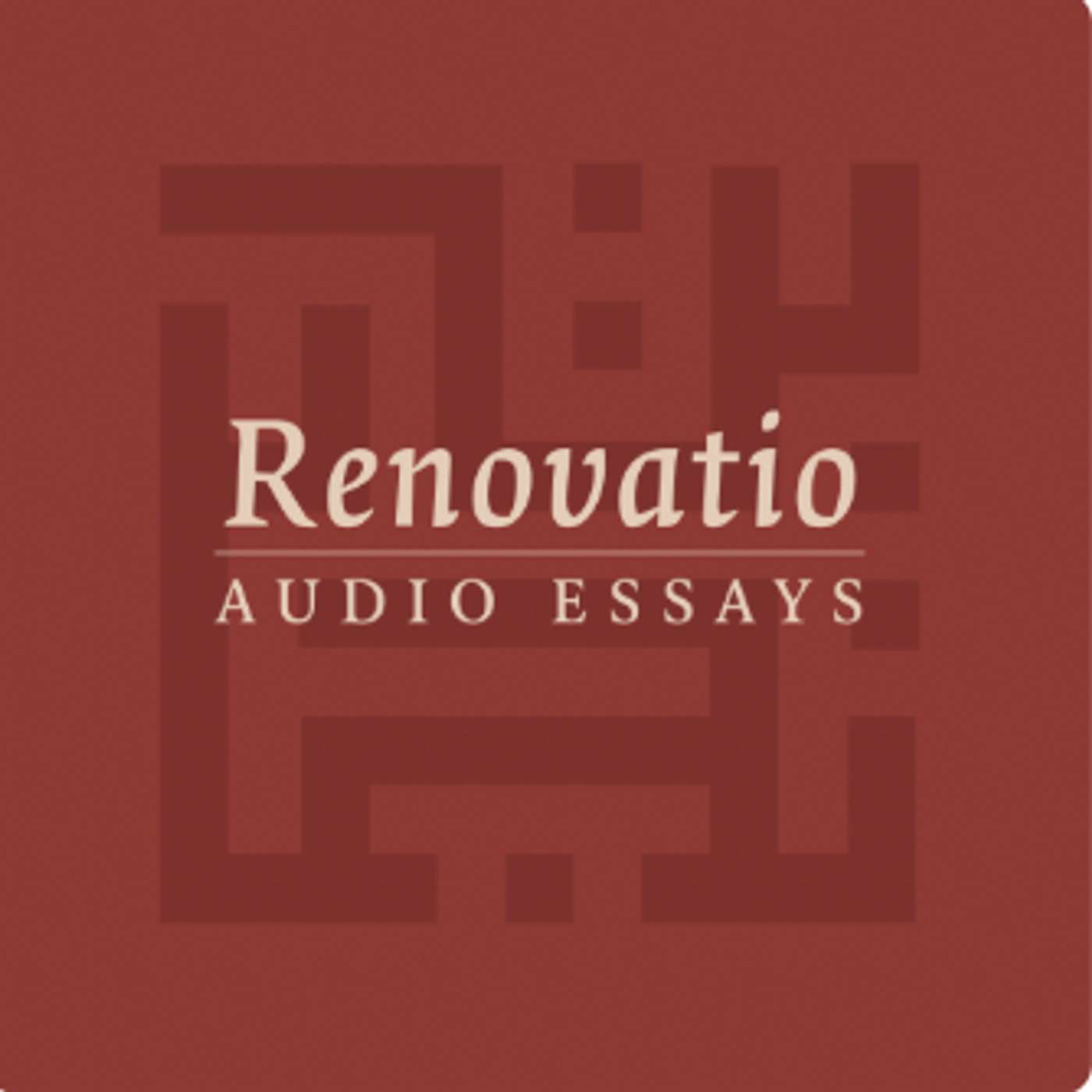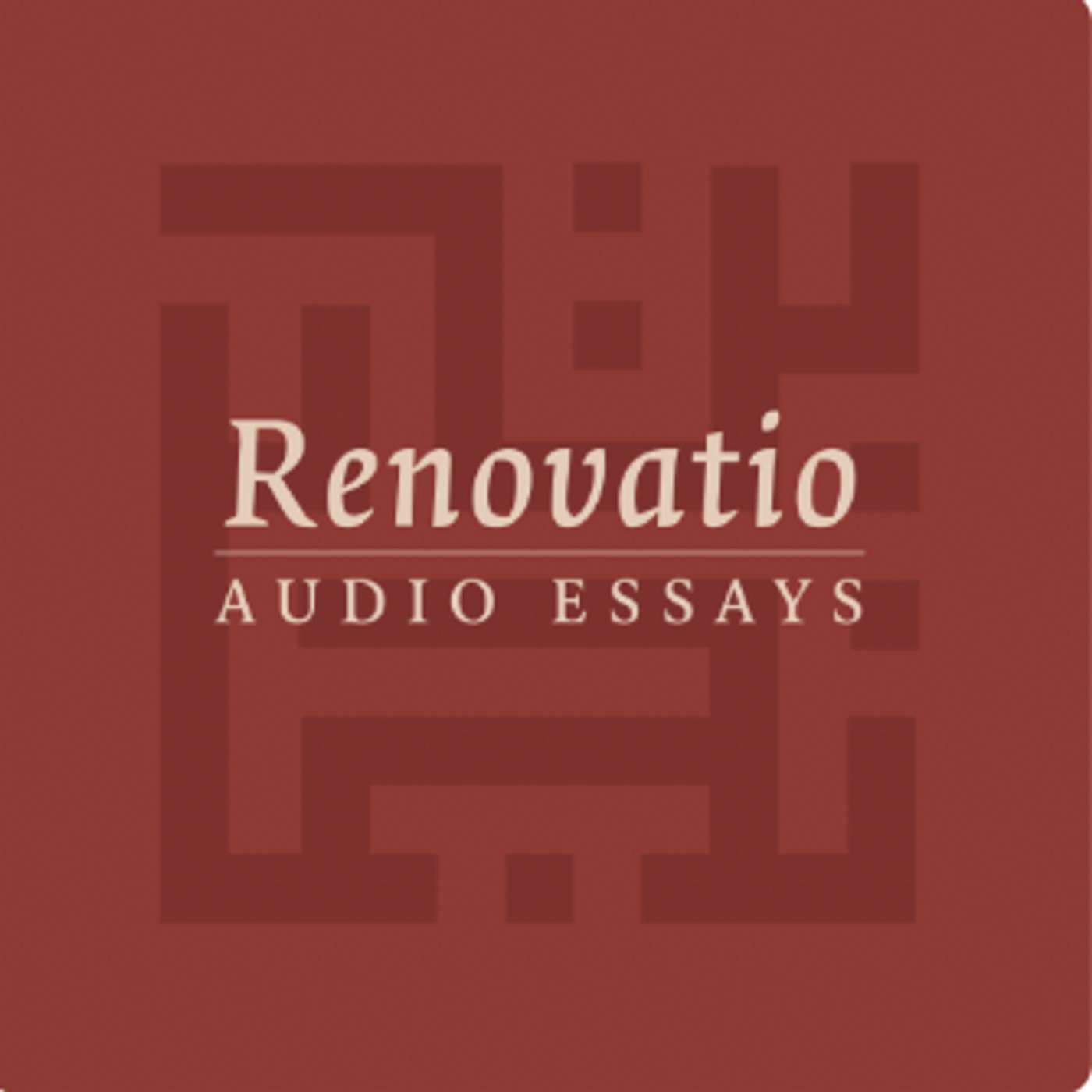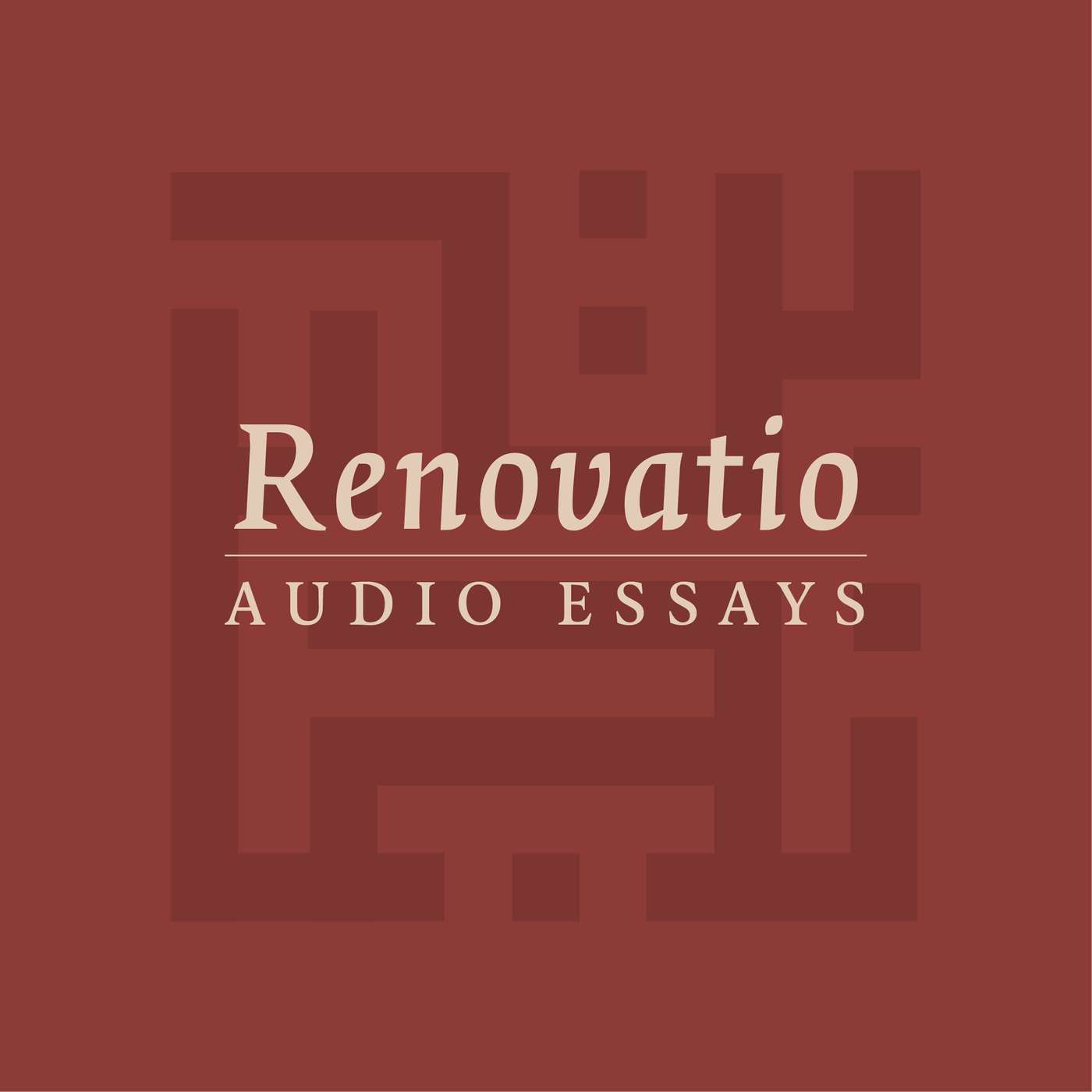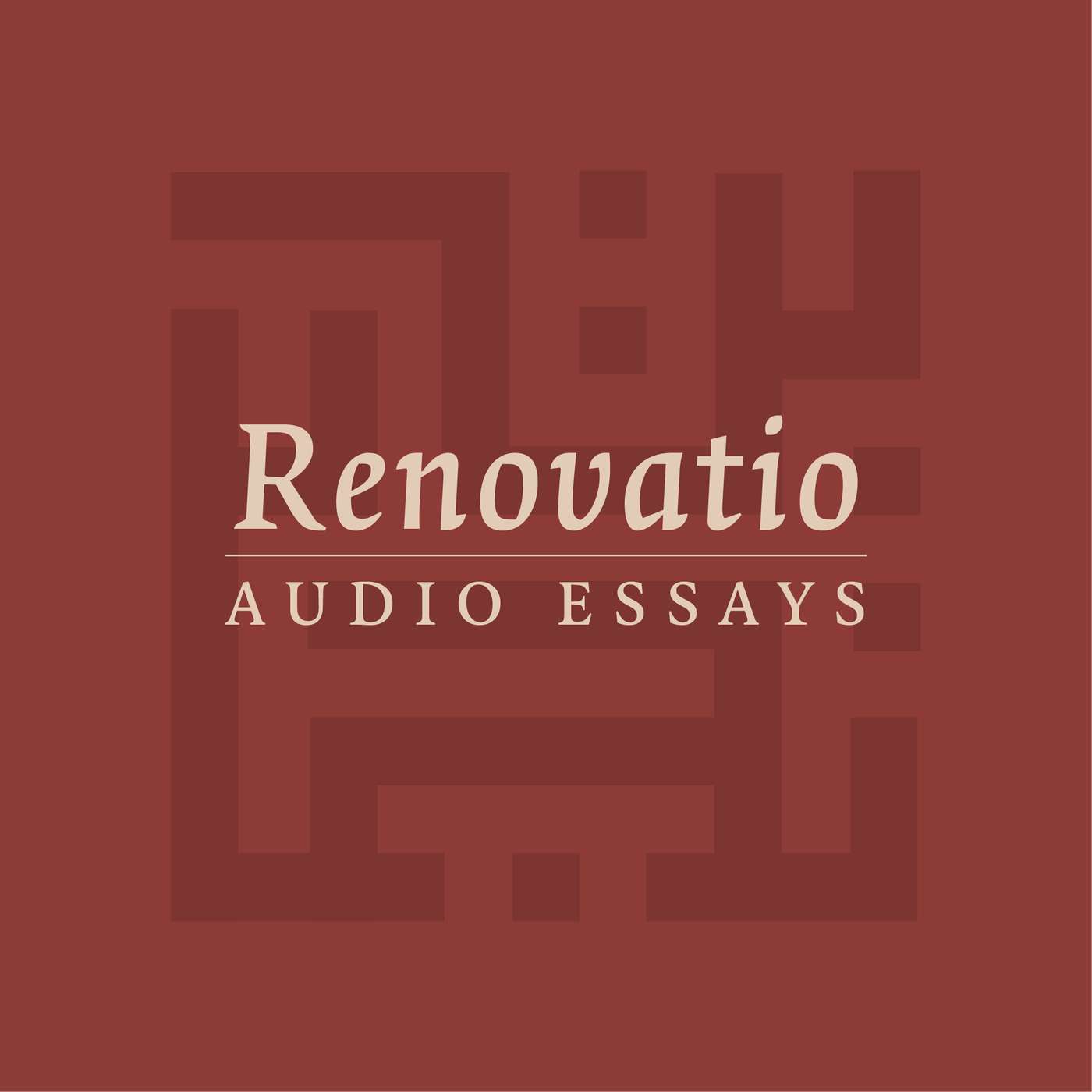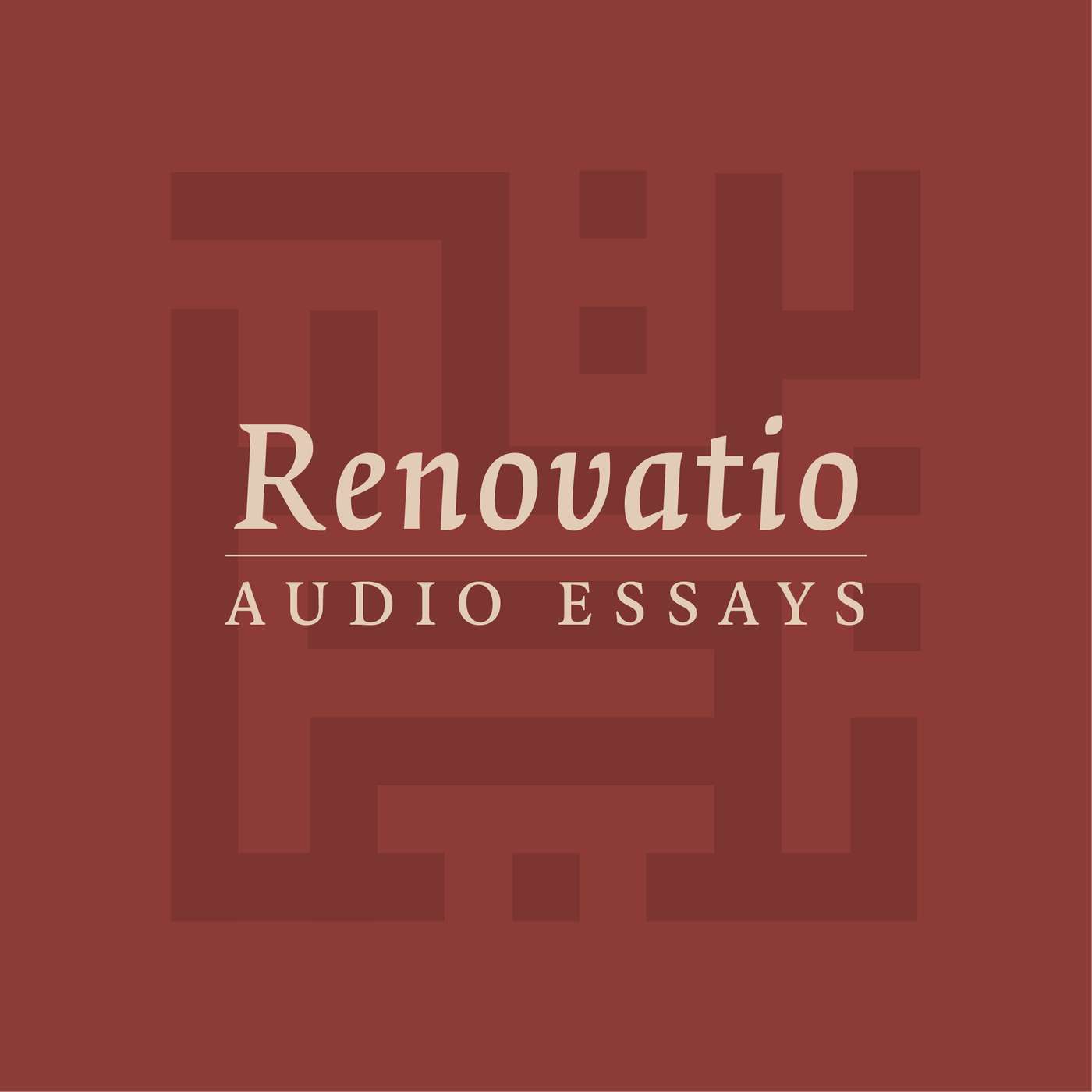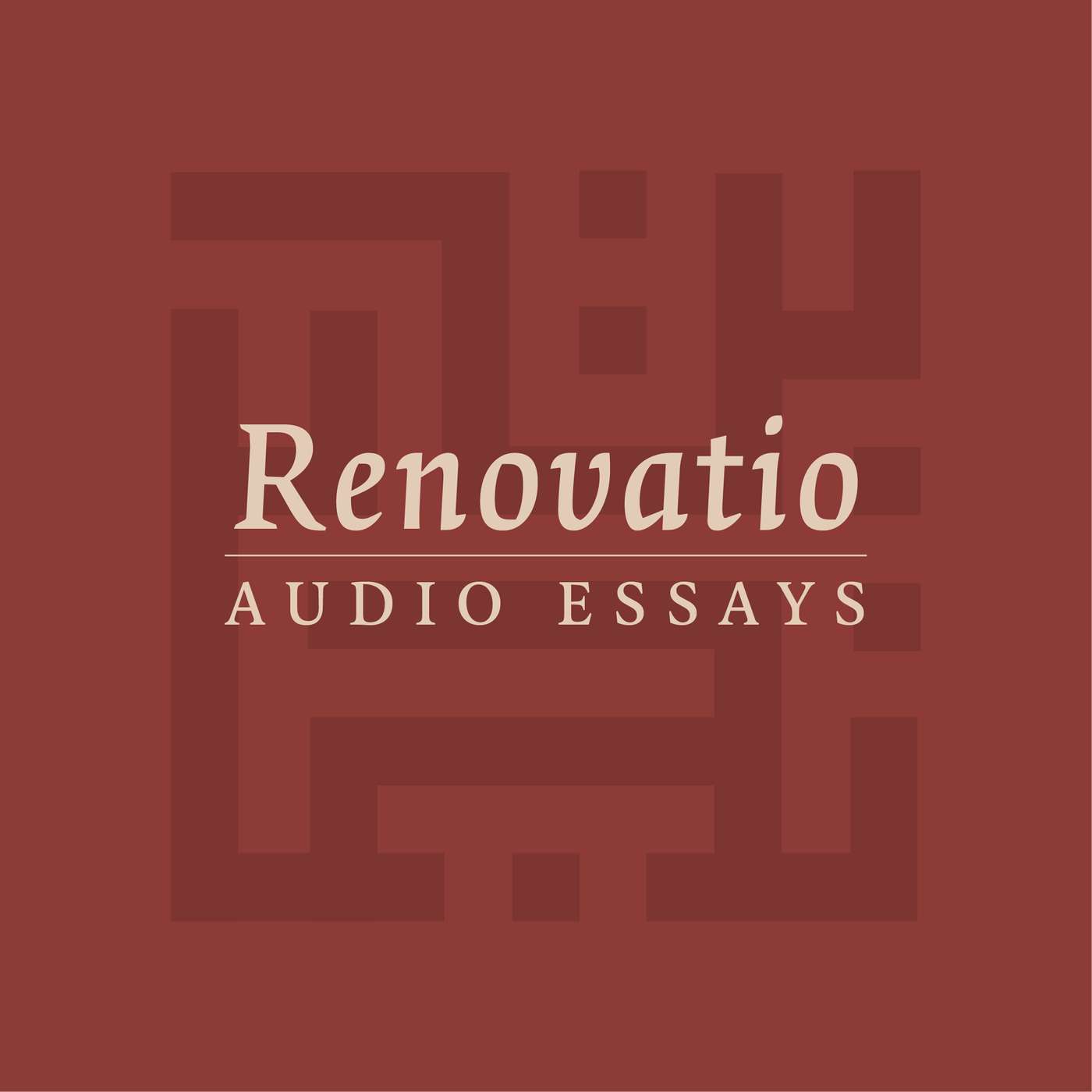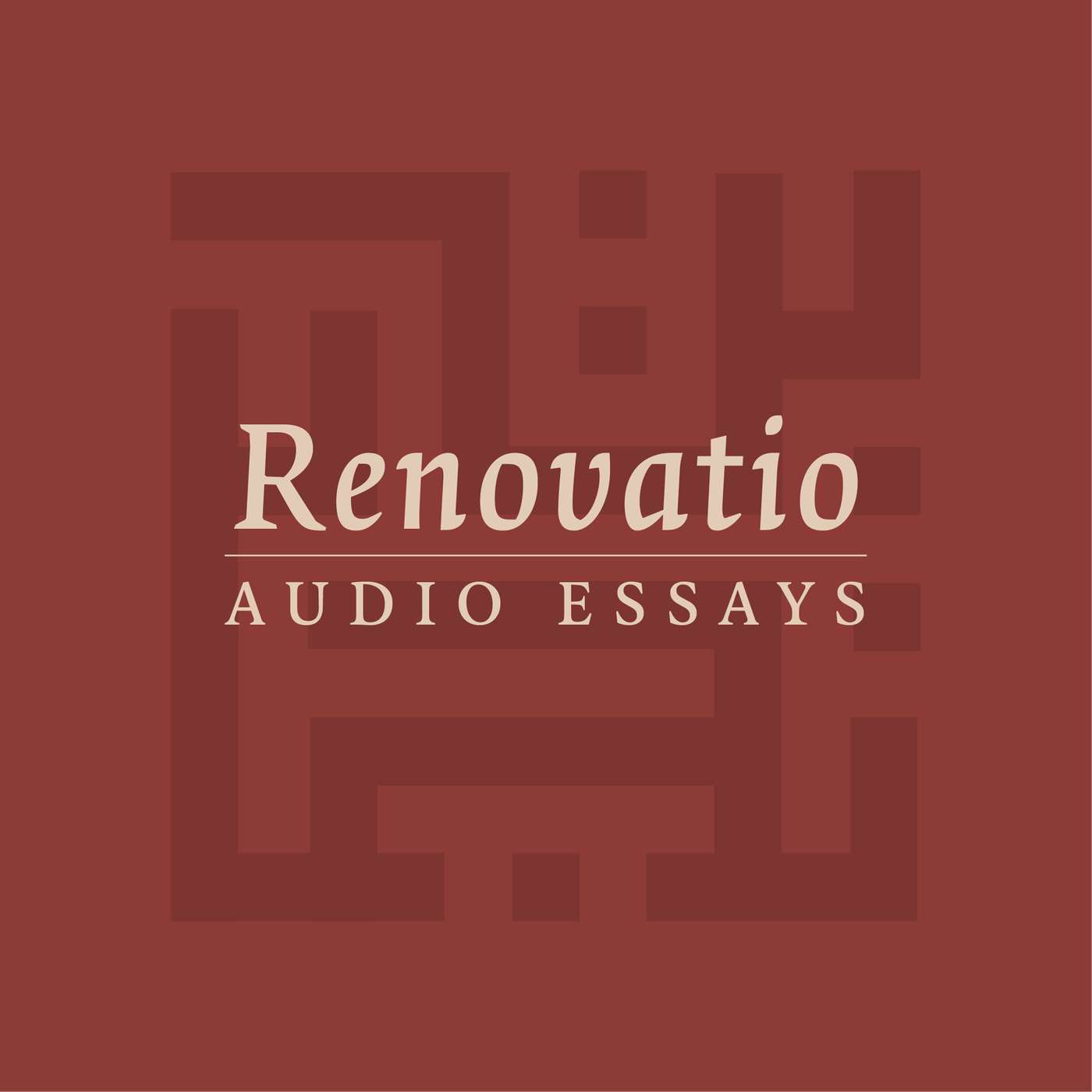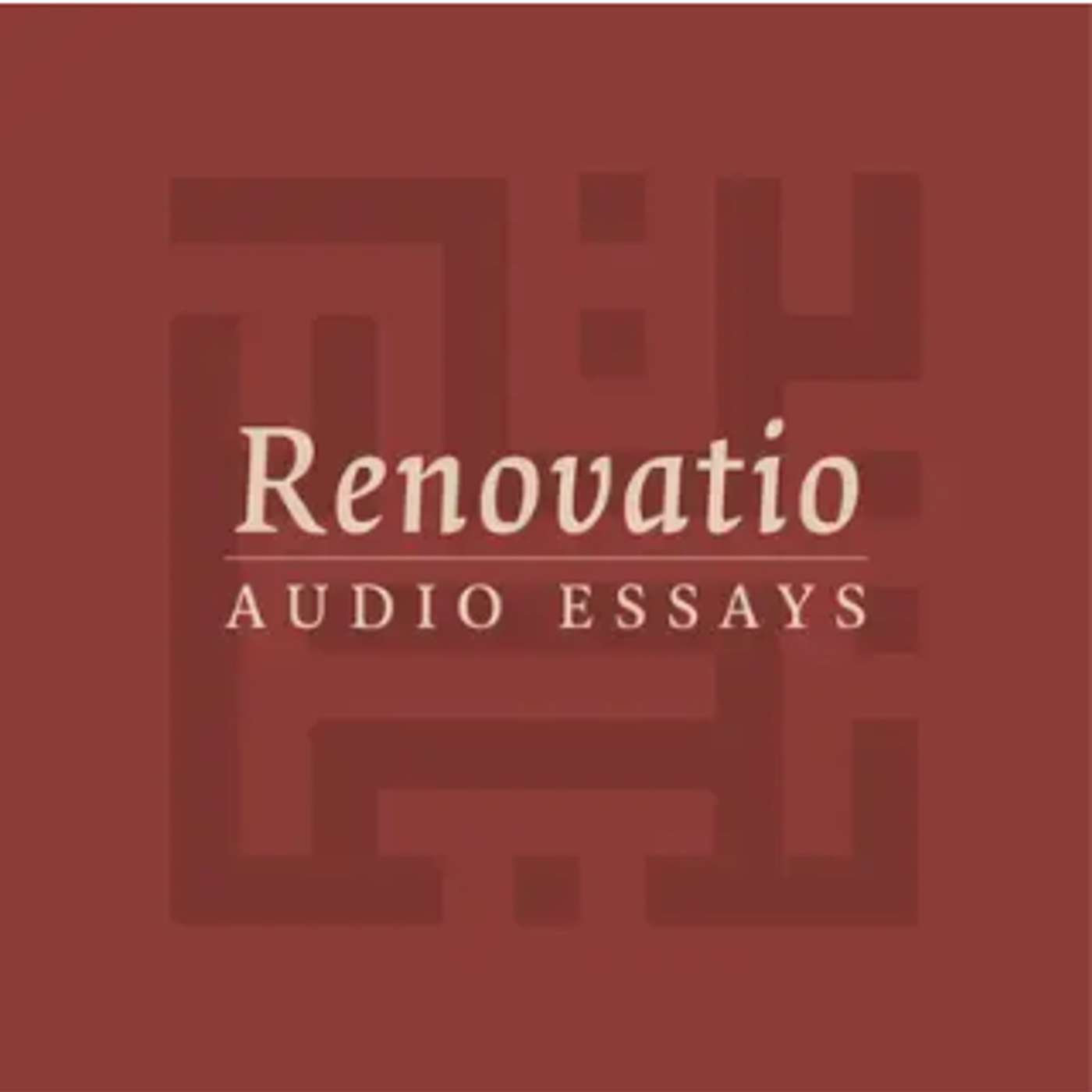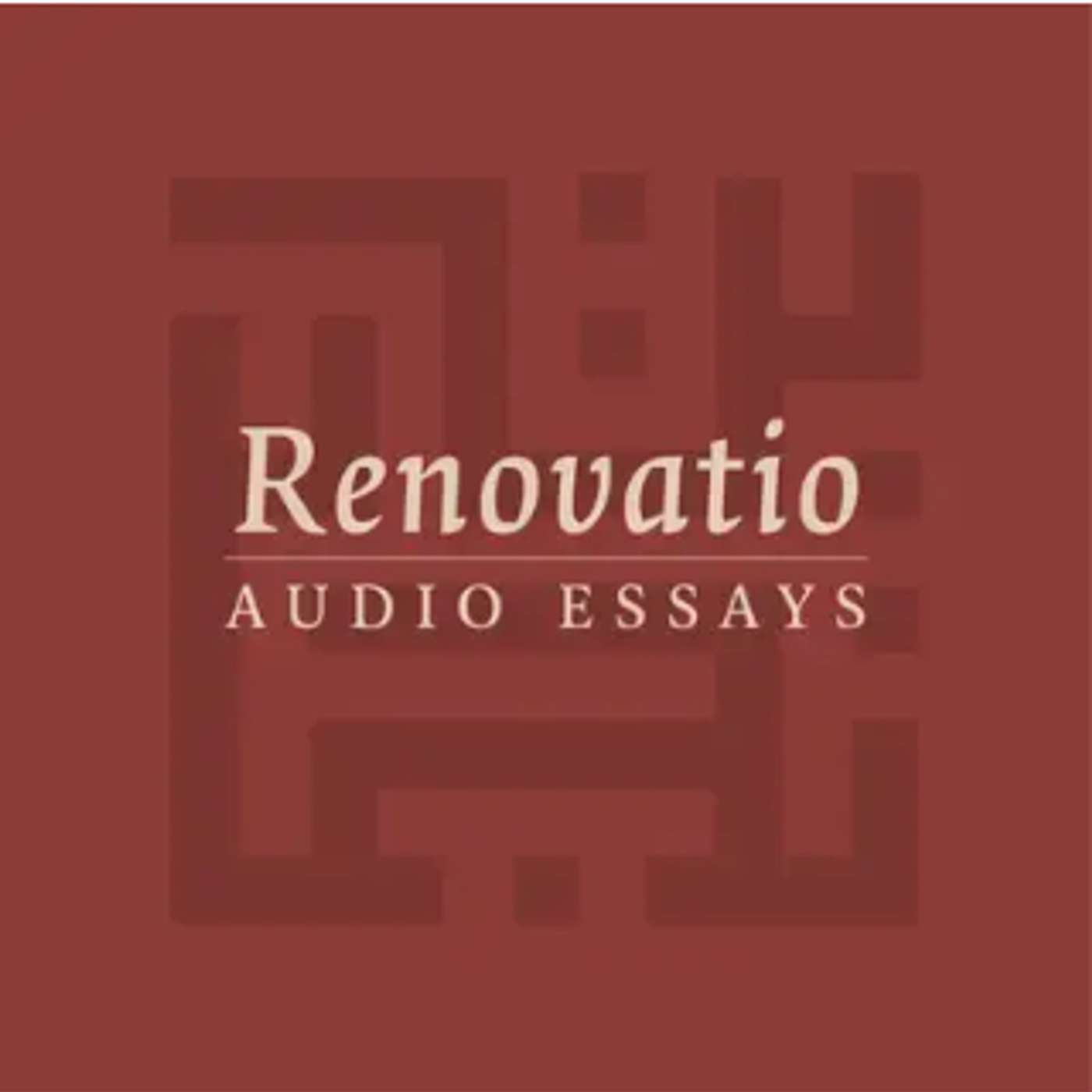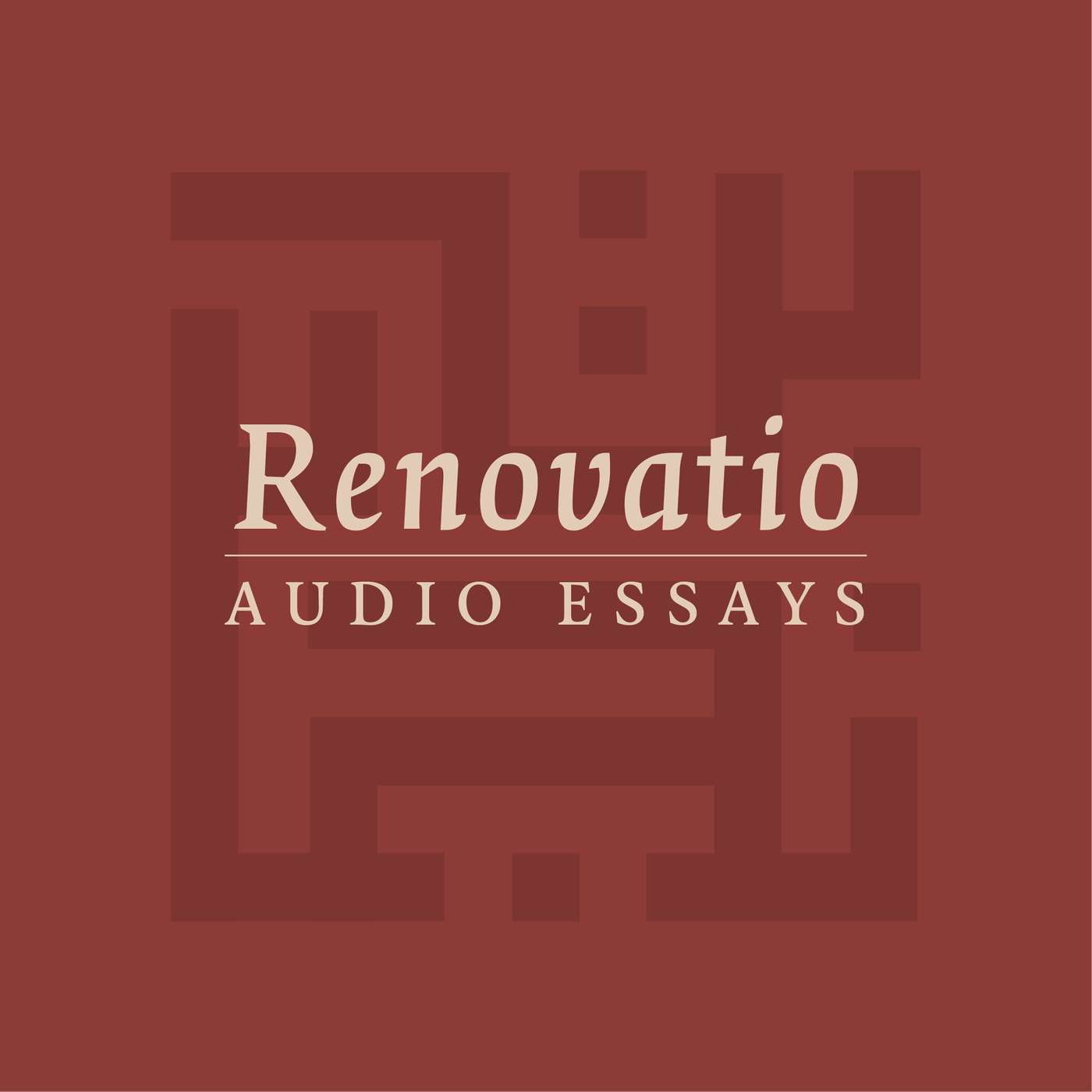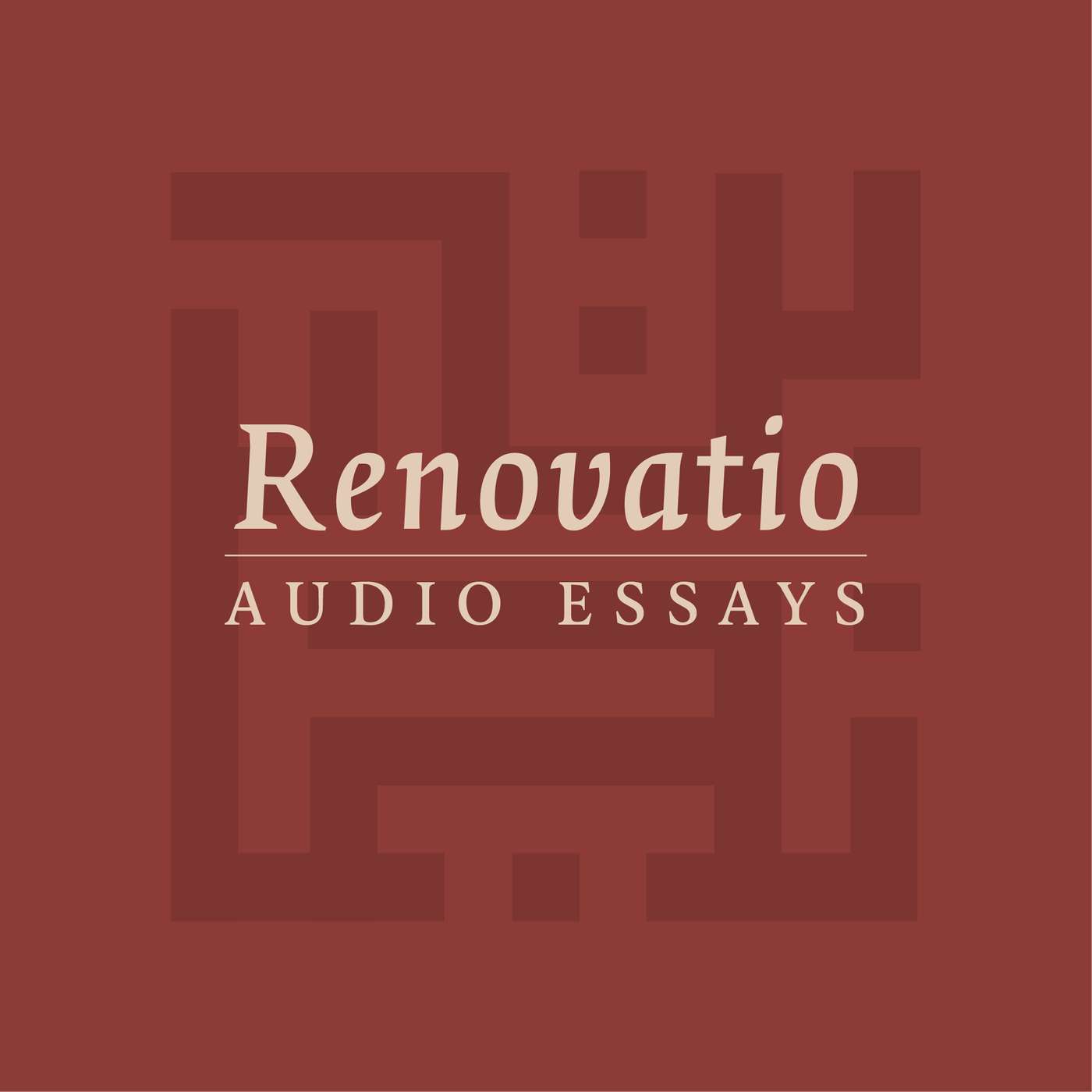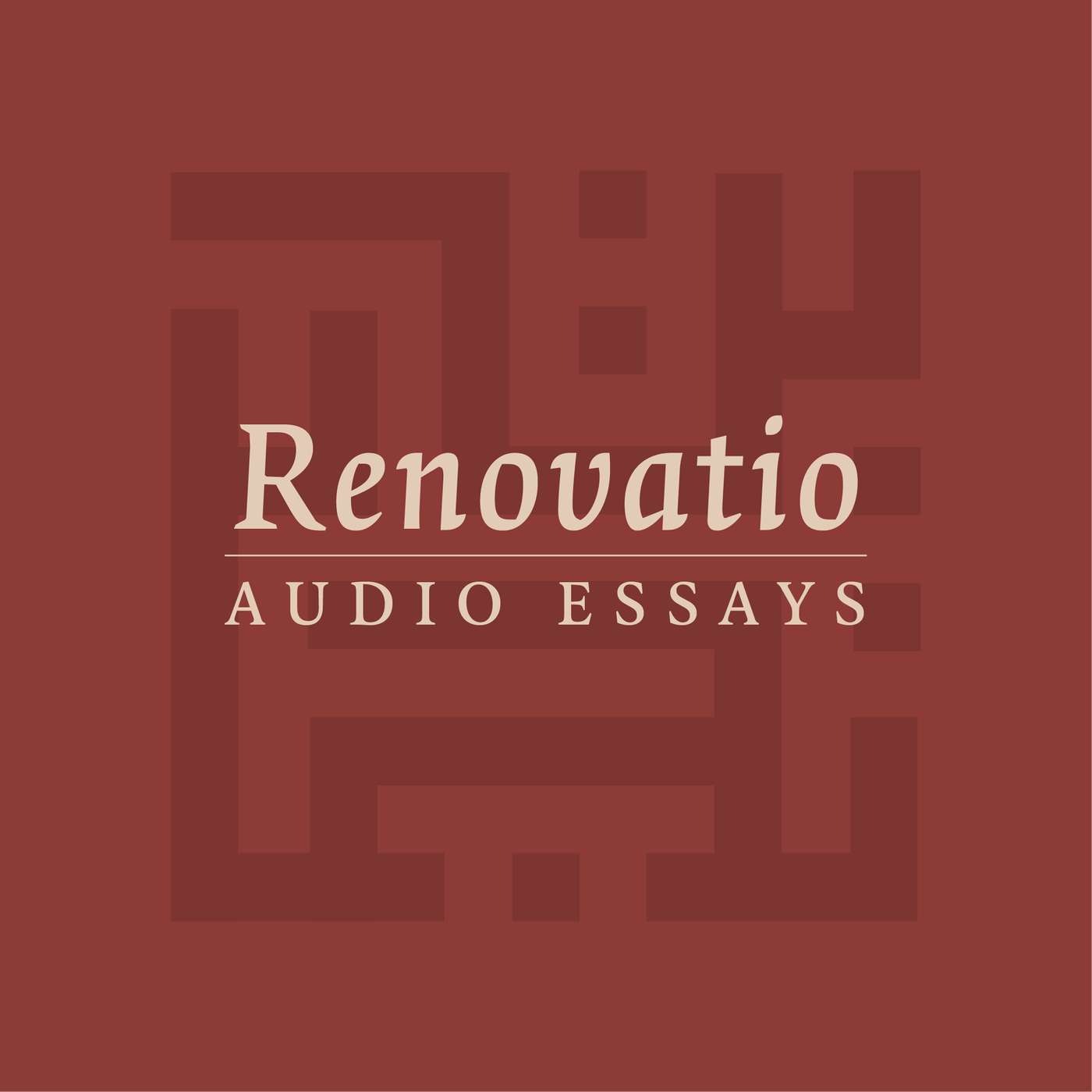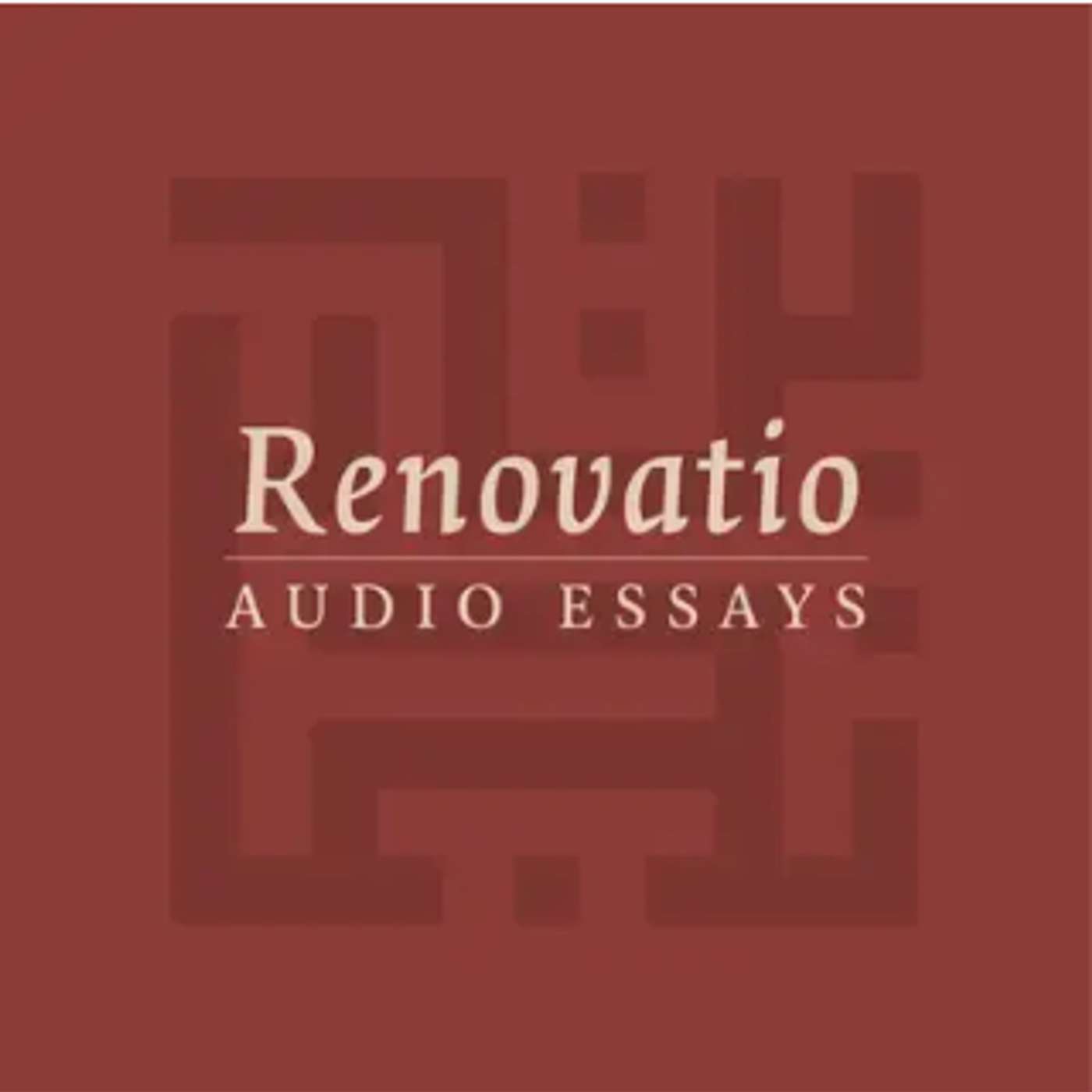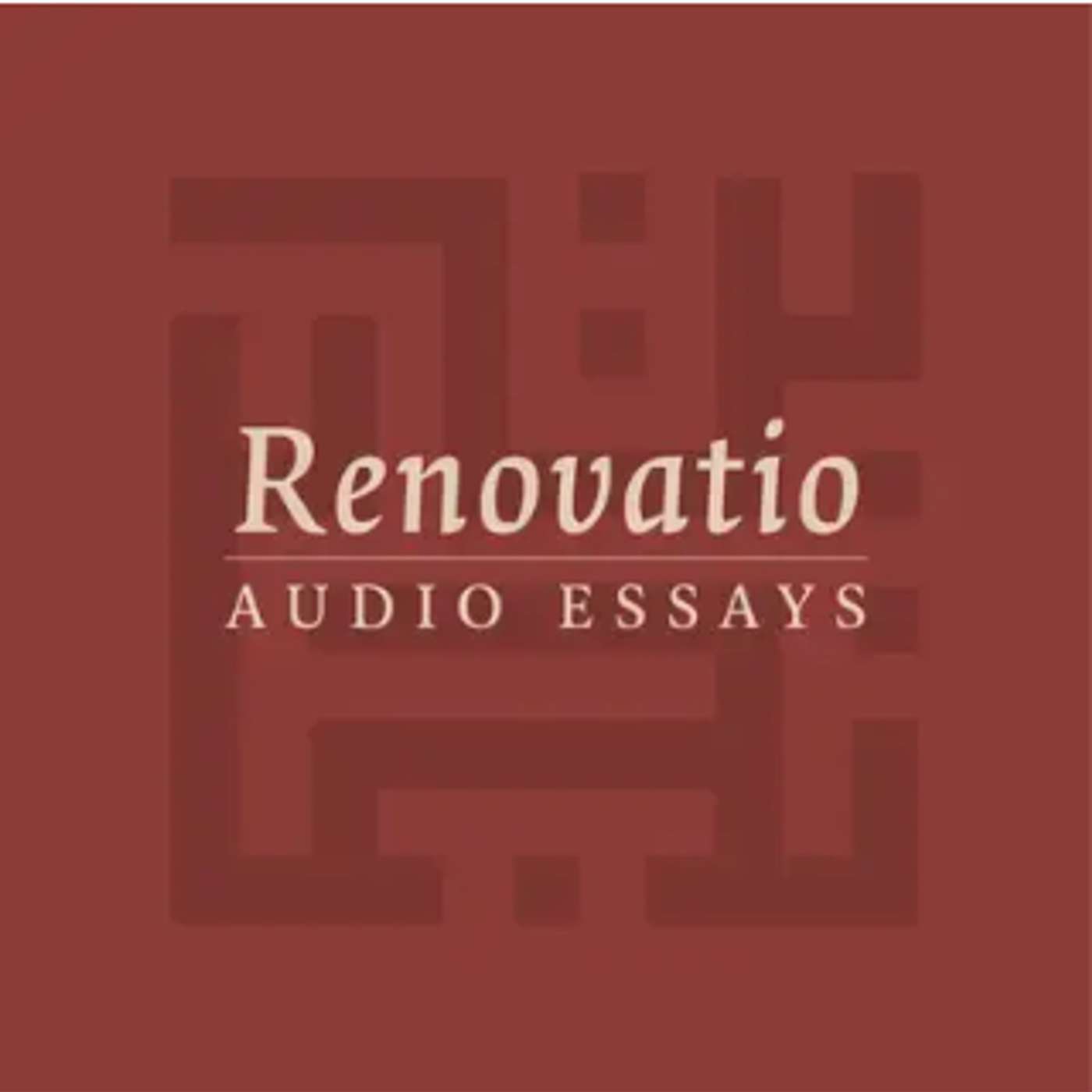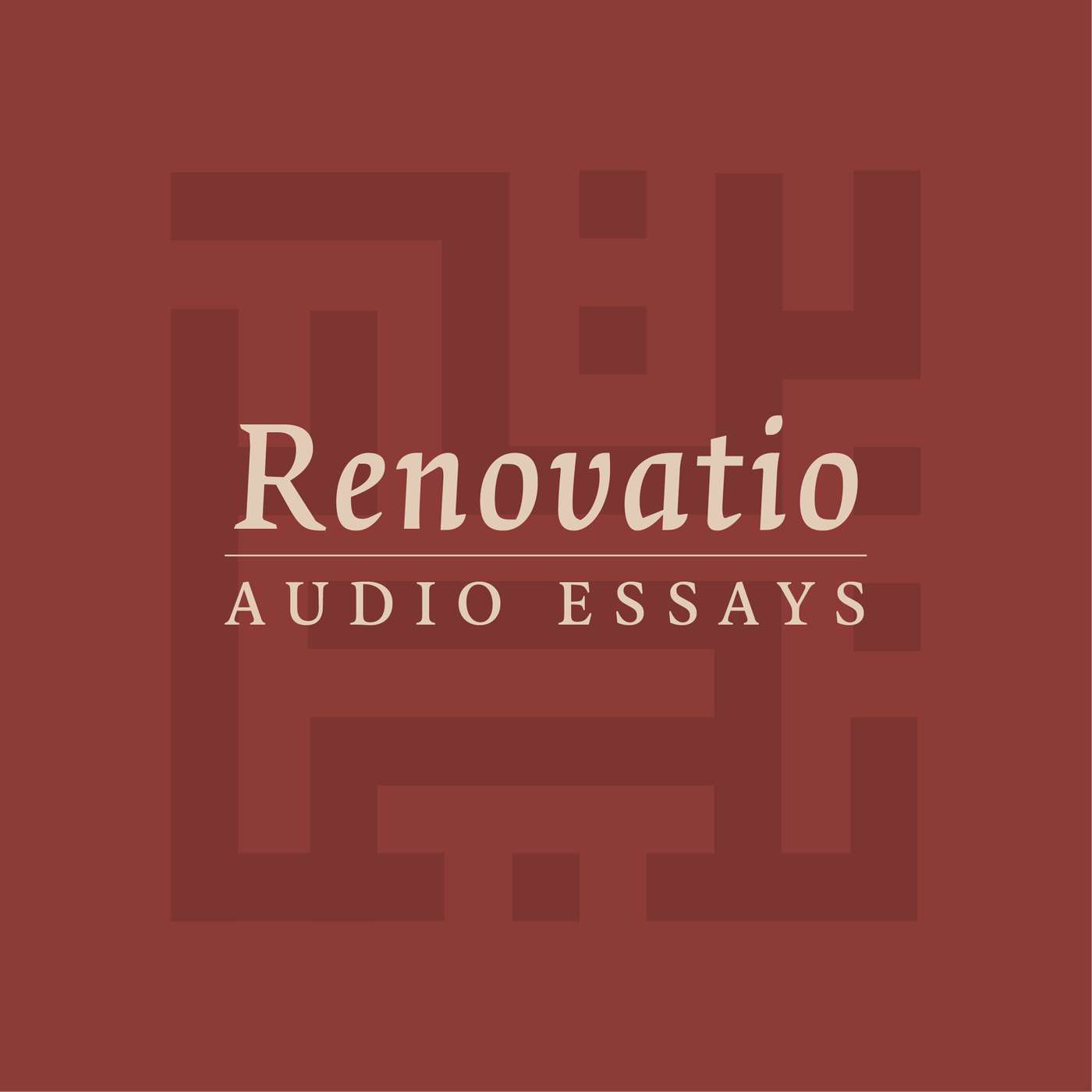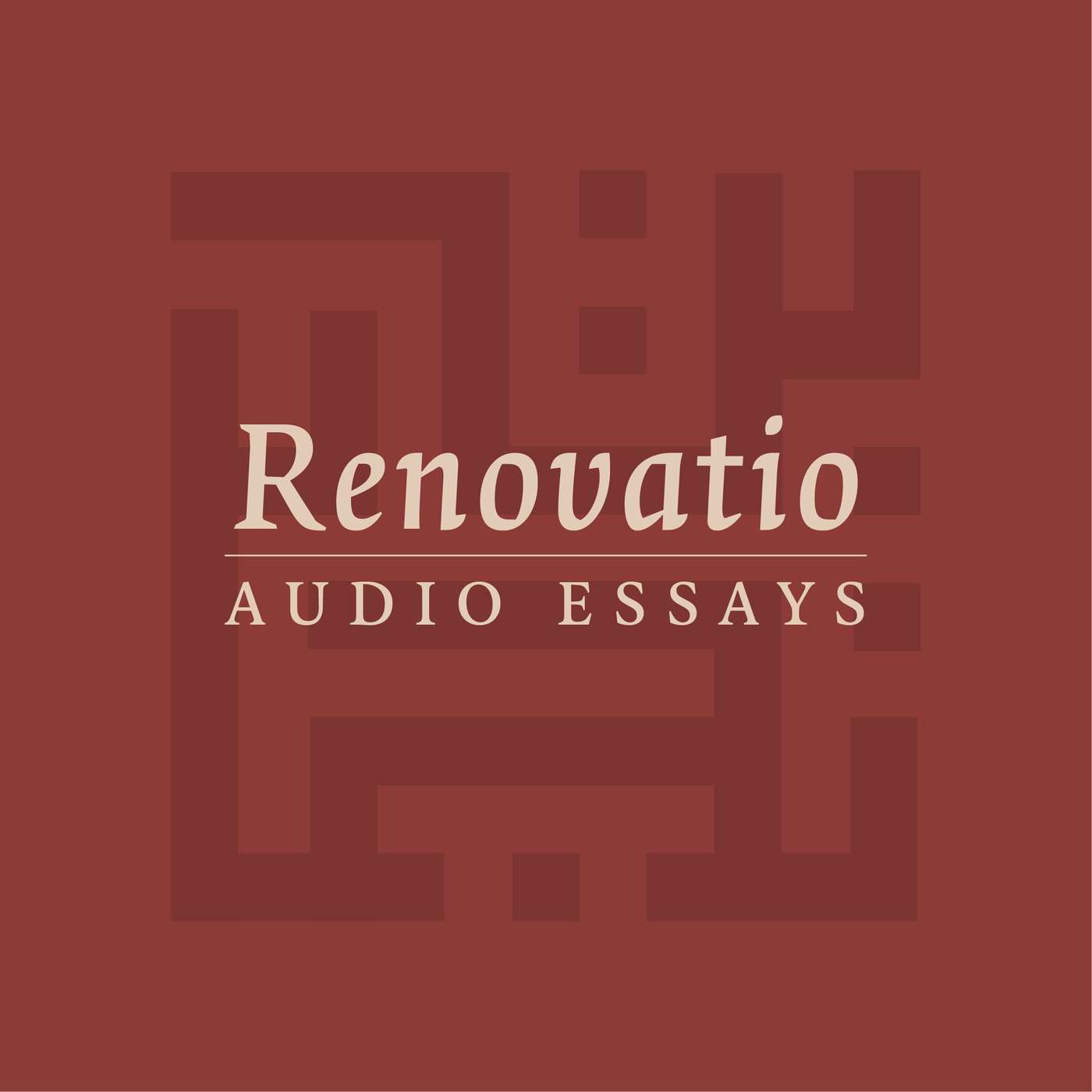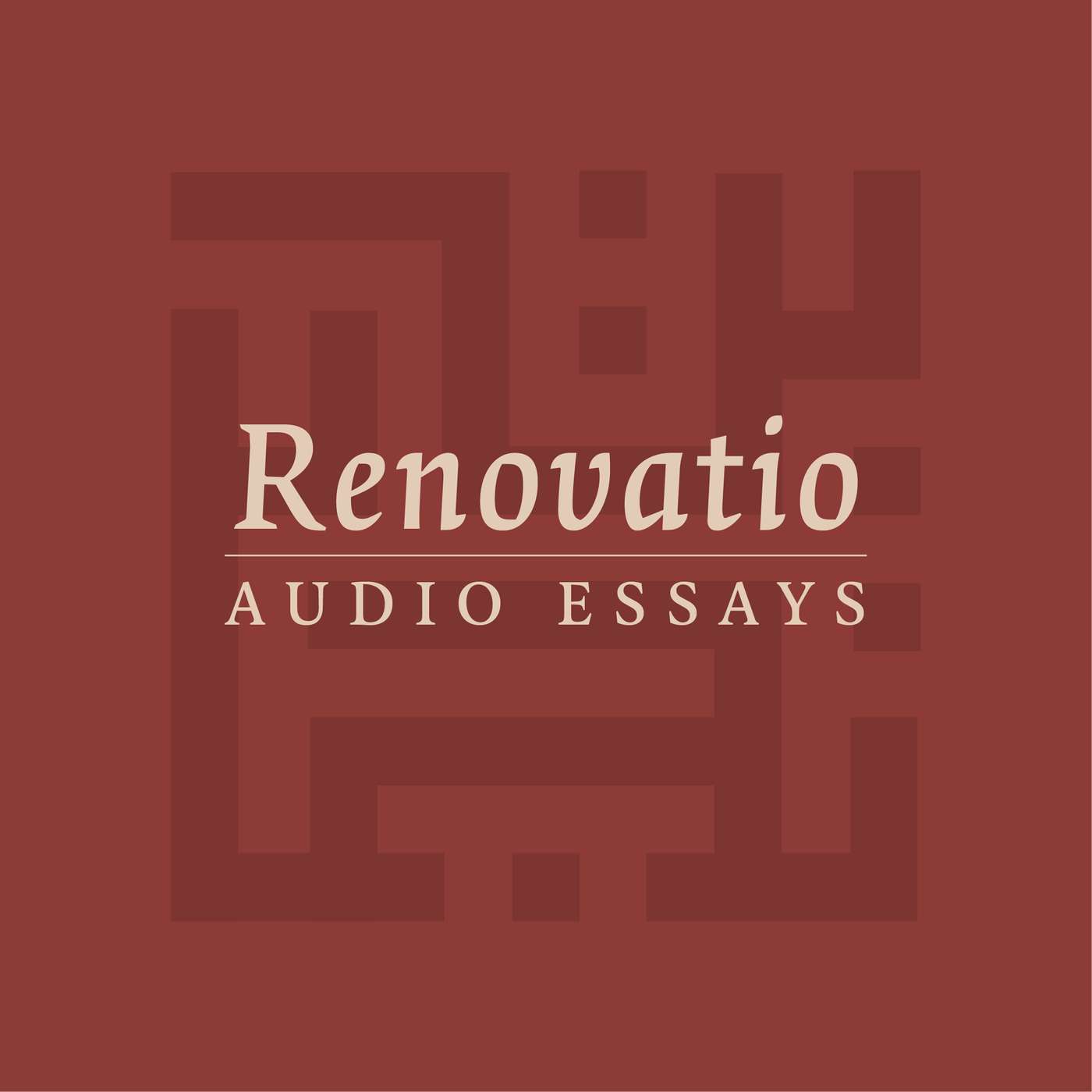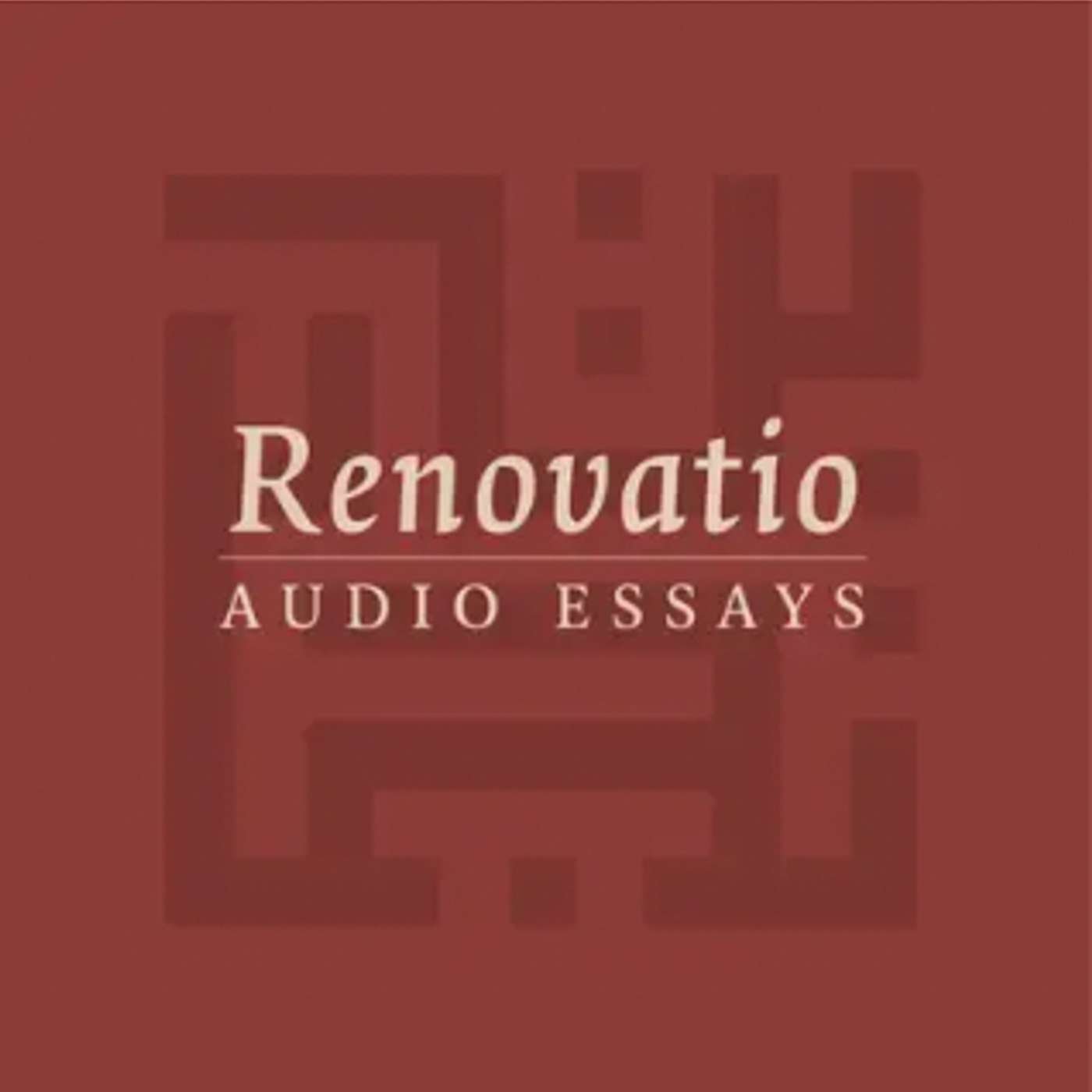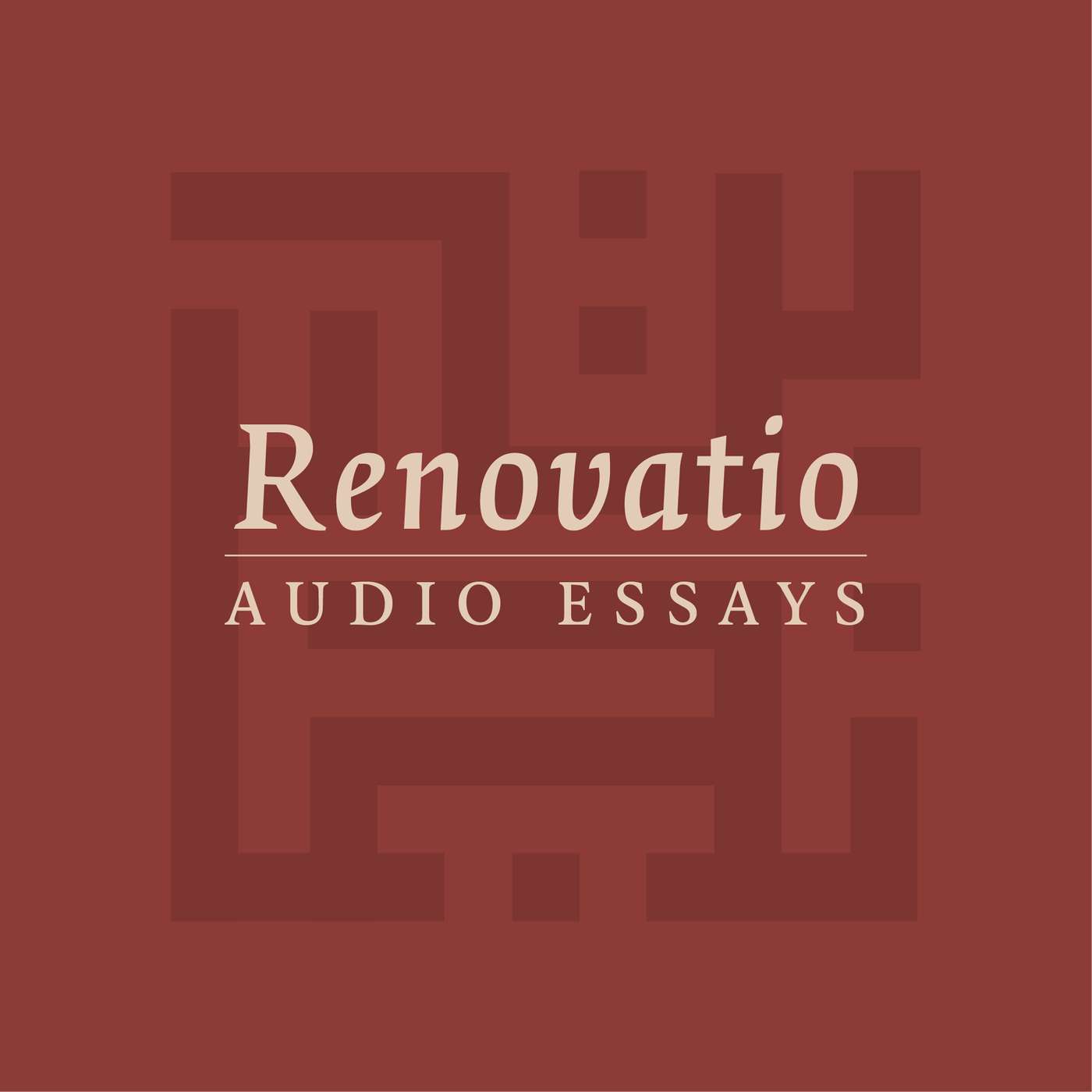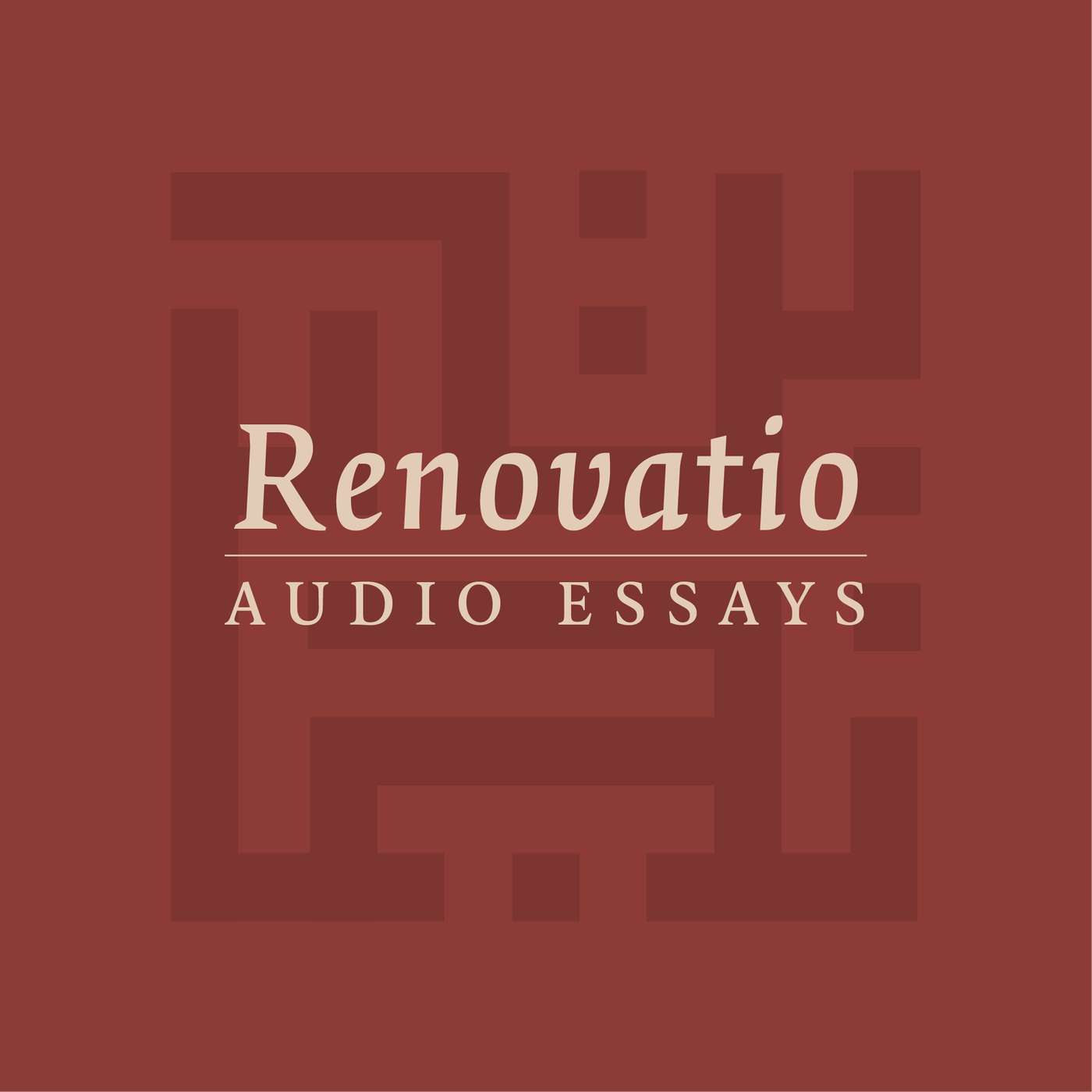Discover Renovatio: The Podcast
Renovatio: The Podcast

56 Episodes
Reverse
Can English Capture the Language of Revelation? Robert Alter's Torah and Lessons for the Translation of the Qur'an by Caner K. DagliCan English truly capture the language of divine revelation? Robert Alter's literary approach to translating the Hebrew Bible offers profound lessons for how Muslims might translate the Qur'an—and why most English Qur'an translations fall short.KEY INSIGHTS: • Why Alter's one-man Torah translation caused a literary sensation • How respecting register, rhythm, and rhetoric preserves sacred text's power • The problem with committee translations that flatten sacred language • Three historical English Qur'an translations that achieved literary excellenceRobert Alter, a comparative literature professor, challenged centuries of biblical translation by prioritizing literary style over theological smoothness. His jarring translation of Esau's crude demand—"Let me gulp down some of this red red stuff"—preserves the original's colloquial register, shocking modern readers just as it shocked ancient audiences.Scholar Caner K. Dagli explores what Muslims can learn from this approach, examining three English Qur'an translations that rise to literary merit: George Sale's 1734 version (Thomas Jefferson's Qur'an), and more recent attempts to capture the rhetorical power of Arabic revelation. While Muslims have traditionally insisted the Qur'an cannot be translated—only "interpreted"—Dagli suggests Alter's methodology offers a path forward for conveying the Qur'an's linguistic majesty in English.The essay challenges translators to honor both the uniqueness and beauty of sacred language rather than domesticating it into contemporary idiom, preserving what makes scripture unlike ordinary speech.Read the full essay: https://renovatio.zaytuna.edu/article/robert-alters-torah-and-lessons-for-the-translation-of-the-quranAbout the Author: Caner K. Dagli is Associate Professor of Religious Studies at the College of the Holy Cross and general editor of The Study Quran.Subscribe for more essays on sacred texts and translation#QuranTranslation #BiblicalStudies #RobertAlter #SacredTexts #LiteraryTranslation #IslamicStudies #HebrewBible #Renovatio #ZaytunaCollege #ComparativeReligion
What if the chaos in our societies today began not in politics or economics, but in our music? This episode explores a fascinating theory from ancient Greece and China: that civilization's decline starts when musical traditions break down. Drawing from Plato's Laws and Chinese historical accounts, we examine how ancient thinkers believed that exposure to disorderly music could lead directly to political collapse—and why this ancient warning might be eerily relevant to our algorithm-driven, emotionally reactive modern world.Key Topics Covered:The concept of "theatrocracy"—rule by the irrational whims of the audienceHow ancient Greece and China both developed musical laws to preserve social harmonyThe connection between the Logos (Greek) and the Tao (Chinese) in musical philosophyWhy Plato warned against sensational music creating social breakdownThe fall of the Zhou dynasty and parallels to Athens' declineHow musical conventions shaped virtue and emotional regulationThe relationship between artistic discipline and genuine creative freedomWhy breaking from tradition without technical mastery leads to cultural declineT.S. Eliot's defense of tradition in creative expression
Cultural Devolution:How the new victimhood culture rejects human dignity and divinityBy Hamza Yusuf Read by Michael Sugich"Cultures vary in their approaches to instilling a sense of right and wrong in children, and in determining how to encourage rights and redress wrongs. One key difference in approaches relates to the religiosity, or the lack thereof, of the specific culture. In cultures where a significant number of people remain religious, parents often introduce scripturally derived concepts of reward and punishment, promote emulation of prophetic or sagely character, and warn of God’s wrath or bad karma upon those who break moral codes or disregard divine sanctions found in such presentations as the Ten Commandments or the Golden Rule. Other cultures, especially in modern secular societies, take a more humanistic approach, arguing that basic moral precepts—such as telling the truth—are simply self-evident and result when good people act appropriately. In other words, good people exhibit upright moral behavior, they tell the truth, they don’t steal, and they abide by the rule of law. Teaching young people these basic principles of behavior takes time and constant vigilance, since many youth display a rebellious spirit expressed in testing limits, getting away with things, and violating the status quo. Young people commonly question the mores of a culture, and shifts in cultural norms usually occur first among them."Hamza Yusuf is the president of Zaytuna College. He promotes classical learning in Islam and emphasizes the importance of the tools of learning so central to Muslim civilization and known in the West as the liberal arts. He serves as vice president for the Forum for Promoting Peace in Muslim Societies, and he has published numerous articles, essays, encyclopedia entries, and translations, including The Prayer of the Oppressed and Purification of the Heart.
Many intellectuals believe Islamophobia is a form of racism, but the ultimate presuppositions embedded in this view are antithetical not only to Islam but to religion as such.https://renovatio.zaytuna.edu/article/muslims-are-not-a-race
The modern world knows it faces a void of meaning—and in a strange recurrence of history, some secular intellectuals are now calling for various forms of paganism.An essay by Faraz Khan
To many, Islamic art can speak more profoundly and clearly than even the written word. Is it wiser then for Muslims to show, not to tell?Article by Oludamini OgunnaikeRead here: https://renovatio.zaytuna.edu/article/the-silent-theology-of-islamic-art
Contrary to its usage in today’s public discourse, dignity is not something all humans universally have, but something that everyone must do.Article by Caner K. Dagli https://renovatio.zaytuna.edu/article/dignity-is-for-the-heart-not-the-ego
Some philosophers believe materialism has now reached an insurmountable quandary in the question of consciousness.
There is something paradoxical about that deepest and most original source of social organization—namely, the giving and receiving of gifts. Read the Article: https://renovatio.zaytuna.edu/article/the-human-arts-of-graceful-giving-and-grateful-receiving
Science, philosophy, and art have been blown apart, and our conversations have devolved into chaos. How do we begin to learn the art of disagreement?Read the article: https://renovatio.zaytuna.edu/article/wisdom-in-pieces
Despite the diversity of our countless creeds, colors, and cultures, our society has been subsumed into a monoculture of ersatz arts, entertainment, and consumerism. How can we recapture humanity’s once extraordinary individuality?
The Egalitarian Objection to Liberal EducationAnd Why the Liberal Arts Are Indispensable to EqualityBy Thomas Hibbs
What does it mean to “manifest” something, or for something to “become manifest”? For those familiar with Islamic mystical terminology, the concept of tajallī may come to mind. Often rendered into English as “manifestation,” tajallī denotes the appearance or disclosure of the divine names in physical forms. Similar to the notion of “theophany” in other religious traditions (with the philosopher Henry Corbin taking tajallī to be a synonym of just that),1 it means passively experiencing God “manifesting” Himself in the world. But “manifestation” has come to mean something rather different in the realm of contemporary popular spirituality—especially on its digital interfaces. Most prominently on the social media app TikTok, it refers to a popular trend consisting of supposedly supernatural means of attracting money, good grades, more followers, or even a wholesale “dream life.” Read the essay: https://renovatio.zaytuna.edu/article/transcendence-and-tiktok
Sacred scriptures certainly qualify as Great Books, but can they be read as literature in secular settings?Read the essay by Eva Brann- https://renovatio.zaytuna.edu/article/other-peoples-truths
The way societies driven by profit and production design and build lived environments breeds an apathy that, unchecked, can only lead to the dissolution of human communities as we’ve known them. Article by Marwa Al-Sabouni https://renovatio.zaytuna.edu/article/resisting-the-architecture-of-apathyRead by Lyba Hussain Produced by Faatimah Knight
The dignity of man in his potential to be whatever he desires to be, this fifteenth-century Italian prince & philosopher gave rise to the modern secular worldview that privileges self-actualization above all else.Essay by Esme Partridge
What if each and every ethnic group developed a very strong nationalist movement? There would be bloodshed and chaos until the unforeseeable future.https://renovatio.zaytuna.edu/article/where-islam-and-nationalism-collide


